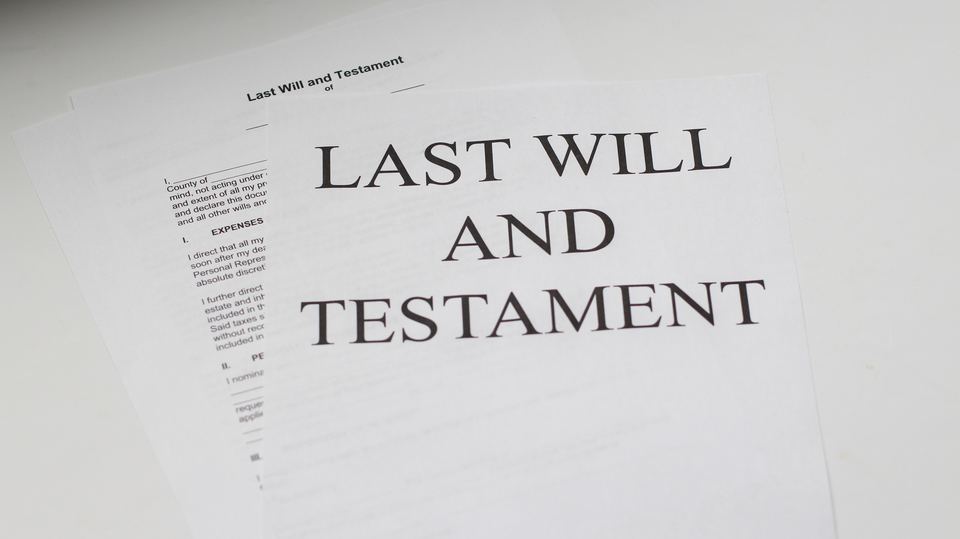T
he Law Society of Ontario has designated November as Make-A-Will month. According to a 2018 poll by the Angus Reid Institute, over half of Canadians have no Will at all, and only 35% of Canadians have a Will that is current. This month we will be looking at the importance of having a valid Will, as well as some circumstances that require changes to your existing Will, or a new Will being prepared.
The most common reason clients offer as to why they have no Will is that they don’t have any assets. “I am young, and I don’t have anything worth fighting over!” While this may be true in some circumstances, depending on the type of assets, a Will may be still required. A perfect example of this is a car. Most people own their cars as a sole owner. When someone passes away, ServiceOntario is entitled to require proof of a valid Estate Trustee in order to transfer ownership of a vehicle, even for a used vehicle valued at $50.00! In the event that there is no Trustee named in a Will, someone will need to make an application to the Court to probate the estate and be appointed as Trustee. The vehicle is required to stay where it is, with no one even legally able to drive it, until a Trustee is appointed, a process which can take months.
Another common misunderstanding with estate planning relates to common-law spouses. “I don’t need a Will, I have been in a common-law relationship for years, and my partner knows how I want things handled!” What most people fail to realize is that the laws in Ontario that govern intestacy (dying without a Will) set out specific rules for married spouses, but offer no protection for common-law spouses. This legislation treats a common-law spouse like a stranger, regardless of the length of the relationship or whether or not there are children involved. This can lead to situations where the person closest to the deceased has no authority to do anything; all decision making falls to the next-of-kin (closest blood relation), regardless of their actual relationship with the deceased.
Many people will avoid drafting a Will with a lawyer because they feel it is too expensive. “Why should I pay anyone to write down what I want, I can do it myself!”. In Ontario, there are specific rules that make a Will valid. A holographic Will must be written entirely in the handwriting of the deceased, whereas other Wills are required to be witnessed by third parties who cannot also be parties named in the Will. A Will could be deemed to be invalid because it left everything to “my wife” but did not state the wife’s name, even if it was the only wife the deceased ever had. Unfortunately, a reality that estate lawyers see all too often is how the death of a loved one and dealing with their estate can bring out the worst in people. Even in a situation where all the family is in agreement with how to handle the estate, third parties, such as banks, insurance companies, or the government, can raise questions about the validity of an improperly drafted Will, and lead to unnecessary and expensive litigation to enforce the deceased's wishes.
As you may now be aware, retaining a lawyer to assist you with your estate planning is the best way to ensure that your Will has been drafted and executed in a concise manner while following the many rules and regulations that affect such a vital document.



